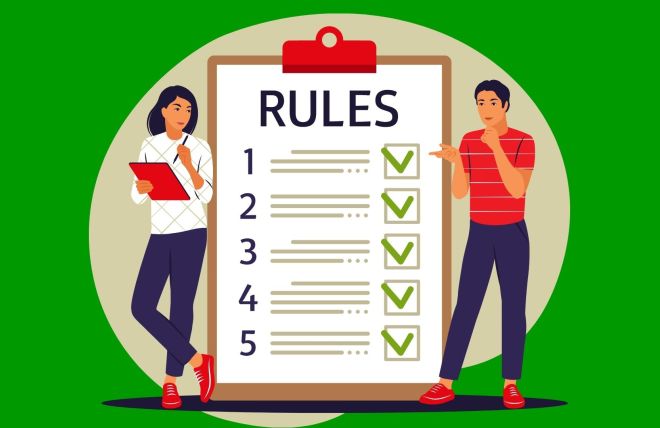Key Characteristics of an Effective Community Association Manager
The role of a Community Association Manager (CAM) is multifaceted, requiring a unique blend of skills and personal qualities to manage the complexities of community associations successfully. This guide delves into the critical traits that set apart successful CAMs.
Strong Communication Skills
Effective communication is paramount in a CAM’s role.
Importance of Clear Communication
- Transparency: Ensures open and honest dialogue with residents and board members.
- Conflict Resolution: Facilitates the resolution of disputes through effective negotiation and mediation.
In-depth Knowledge of Laws and Regulations
A successful CAM must be well-versed in the laws governing community associations.
Legal Acumen
- Compliance: Ensures the association adheres to local, state, and federal laws.
- Advisory Role: Provides informed advice to the board on legal matters.
Organizational and Administrative Expertise
Effective management of an association's day-to-day operations is crucial.
Organizational Skills
- Efficient Administration: Manages administrative tasks effectively.
- Record Keeping: Maintains accurate and up-to-date records of association activities.
Financial Management Proficiency
A CAM must be adept at managing the association’s finances.
Financial Acumen
- Budgeting: Develops and manages the association's budget.
- Financial Reporting: Provides clear financial reports to the board and residents.
Leadership and Decision-Making Abilities
Strong leadership is essential for guiding the community and making strategic decisions.
Leadership Qualities
- Vision: Sets a clear direction for the association.
- Decisiveness: Makes informed decisions in the best interest of the community.
Technical Savvy
In today’s digital age, a CAM needs to be comfortable with technology.
Technological Competence
- Software Proficiency: Utilizes property management software effectively.
- Online Communication: Leverages digital platforms for community engagement.
Empathy and Resident-Centric Approach
Understanding and addressing the needs of residents is vital.
Empathy in Action
- Resident Relations: Builds strong relationships with residents.
- Community Focus: Prioritizes the well-being and satisfaction of the community.
Flexibility and Adaptability
The ability to adapt to changing circumstances is key in community management.
Adaptability Skills
- Problem-Solving: Quickly addresses and resolves unexpected challenges.
- Change Management: Adapts to evolving community needs and preferences.
Conclusion: The Blueprint of a Successful CAM
The role of a Community Association Manager is challenging yet rewarding. The combination of strong communication, legal knowledge, organizational skills, financial management, leadership, technical proficiency, empathy, and adaptability are the hallmarks of a successful CAM, contributing to the thriving and harmonious community life.







